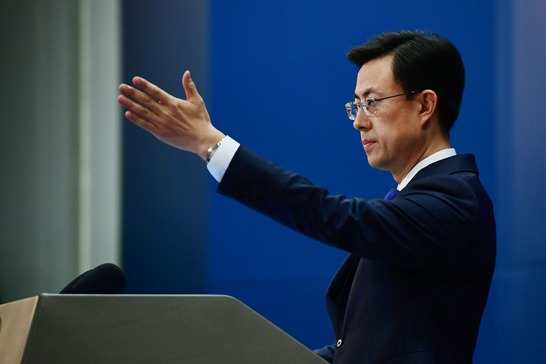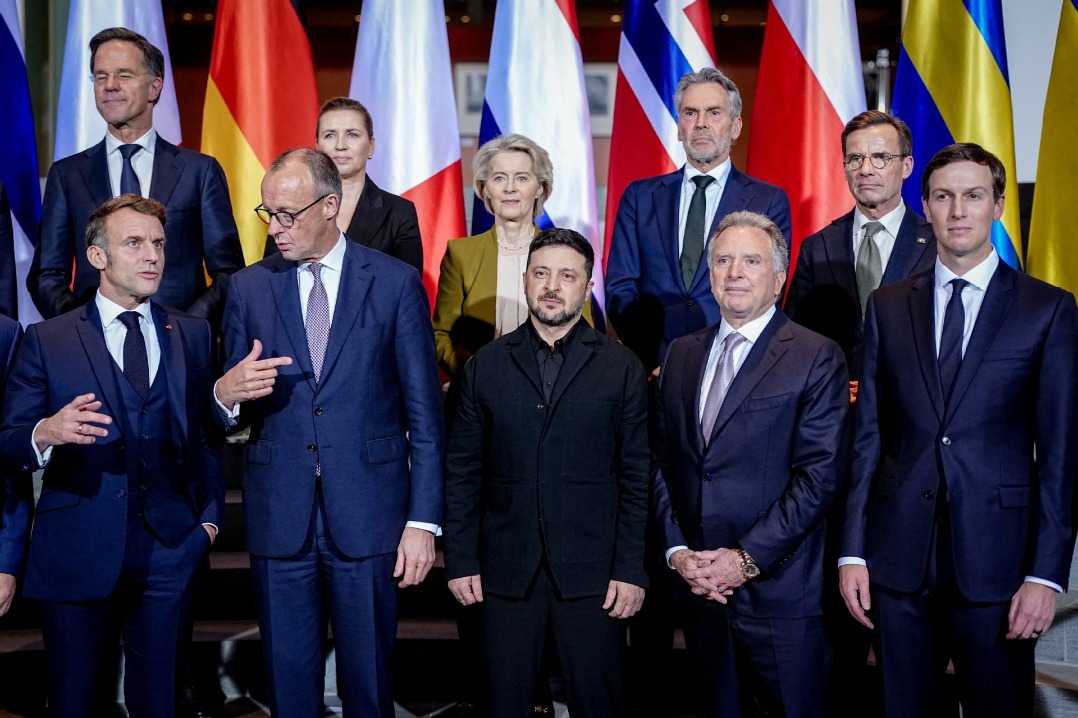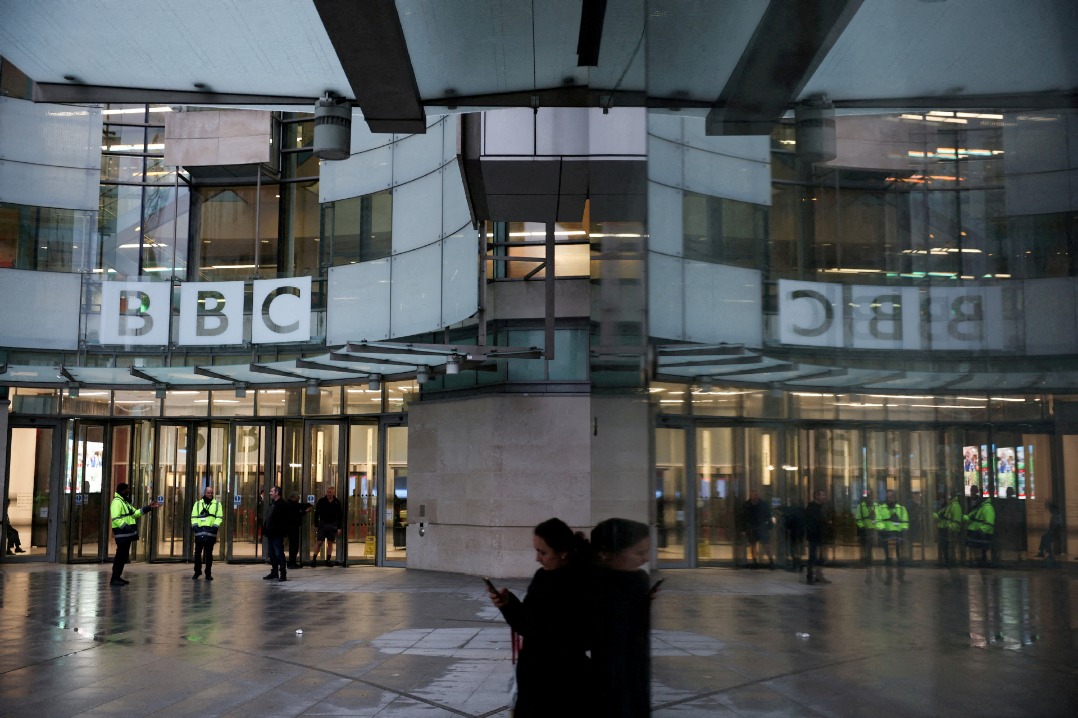Sanctions put women in greater harm


Unilateral sanctions imposed on some countries in the Middle East have inadvertently placed women in greater harm, ultimately derailing the region's progress in upholding women's rights and welfare, experts say.
"We need to take into account that women become very vulnerable when we speak about everything, which (includes) family planning, delivery of babies, and the raising of babies," said Alena Douhan, the United Nations Special Rapporteur on the negative impact of unilateral coercive measures on the enjoyment of human rights.
These entail situations "when social planning programs like the provision of contraceptives, the availability of tests and medical assistance disappear in the country", Douhan said.
She added that the impact of unilateral sanctions prevents governments from guaranteeing the basic needs of their populations and "make the people dependent on national or foreign humanitarian aid", as well as force states to beg for such aid "all the time".
Sanctions often include fuel embargoes, which affect crucial trade and in turn deprive targeted countries from maintaining basic necessities including food, water, medicine, medical care and electricity supply.
On Dec 7, the United States Department of the Treasury updated its sanctions list on Syria, Iran and Uganda, designating"15 actors across three countries in connection with serious human rights abuse and repressive acts". Iran, for instance, has billions of assets frozen in other countries like Japan.
On Dec 8, the UN appealed anew to governments and countries that are imposing sanctions to reconsider their stand, saying it is "harming women, children and the vulnerable groups" despite existing exemptions.
Dina Yulianti Sulaeman, director of the Indonesia Center for Middle East Studies, said women in the Middle East have the same rights and capacities for advancement in education and careers "as any woman in the world".
At disadvantage
Abdulghani Al-Iryani, senior researcher at the Sanaa Center for Strategic Studies in Yemen, said women in the country are at a disadvantage when getting their share of humanitarian assistance as they are considered "less influential "than men.
"The end result of sanctions is that it weakens the negotiating position of women vis-a-vis people who control humanitarian assistance who happen to be men. Therefore, it makes them more vulnerable to various types of abuses," Al-Iryani said.
According to the UN Refugee Agency, there have been more than 20,000 civilian deaths and injuries while more than 4 million people have been forced to flee since civil war in Yemen broke out in 2015.Three-quarters of internally displaced Yemenis are women and children, while 1 in 4 displaced families are headed by women.
When asked whether sanctions could be considered a form of gender-based violence for inflicting economic suffering on women, Douhan said the sanctions should not be interpreted as something that is exclusively gender based or gender focused.
But Sulaeman said women and children are always "the most prominent victims" in such situations and that they have suffered greatly from these sanctions.
Amina Khan, director of the Centre for Afghanistan, Middle East and Africa at the Institute of Strategic Studies Islamabad in Pakistan, said that wherever there is conflict, humanitarian crisis follows automatically. The first victims of conflict or sanctions are "always the women of the house", the children and the elderly.
































